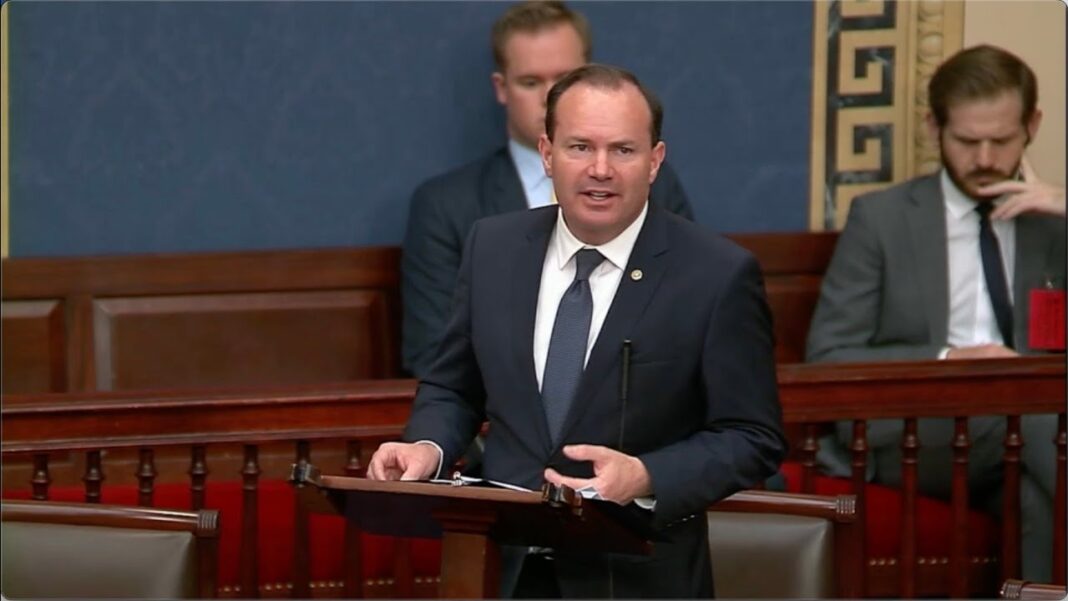President Joe Biden signed the Fiscal Responsibility Act on Saturday, suspending the debt ceiling for 19 months and bringing a monthslong political battle to a close.
The compromise legislation negotiated by Biden and House Speaker Kevin McCarthy (R-Calif.) passed both houses of Congress with bipartisan support this week, averting a potential default on the nation’s financial obligations.
“Passing this budget agreement was critical. The stakes could not have been higher,” Biden said in a Friday evening address to the nation from the Oval Office.
Congressional leaders in both parties, eager to avoid financial disaster, endorsed the bill.
McCarthy referred to the legislation in historic terms, calling it the biggest spending cut ever enacted by Congress. Senate Majority Leader Chuck Schumer (D-N.Y.) said, “We’ve saved the country from the scourge of default,” after the bill passed the Senate on June 1.
House Minority Leader Hakeem Jeffries (D-N.Y.) and Senate Minority Leader Mitch McConnell (R-Ky.) both supported the bill.
Biden vs. McCarthy
The president’s signature ends a monthslong cold war with McCarthy over terms for raising the nation’s $31.4 trillion debt ceiling.
The Financial Responsibility Act suspends the debt ceiling until Jan. 1, 2025, cuts non-defense discretionary spending slightly in 2024, and limits discretionary spending growth to 1 percent in 2025.
The agreement also contains permitting reforms for oil and gas drilling, changes to work requirements for some social welfare programs, and clawbacks of $20 billion in IRS funding and $30 billion in unspent COVID-19 relief funds, among other provisions.
In the absence of congressional action to allow additional borrowing, the United States would have lacked the ready cash to pay all of its bills on June 5, according to Treasury Secretary Janet Yellen.








